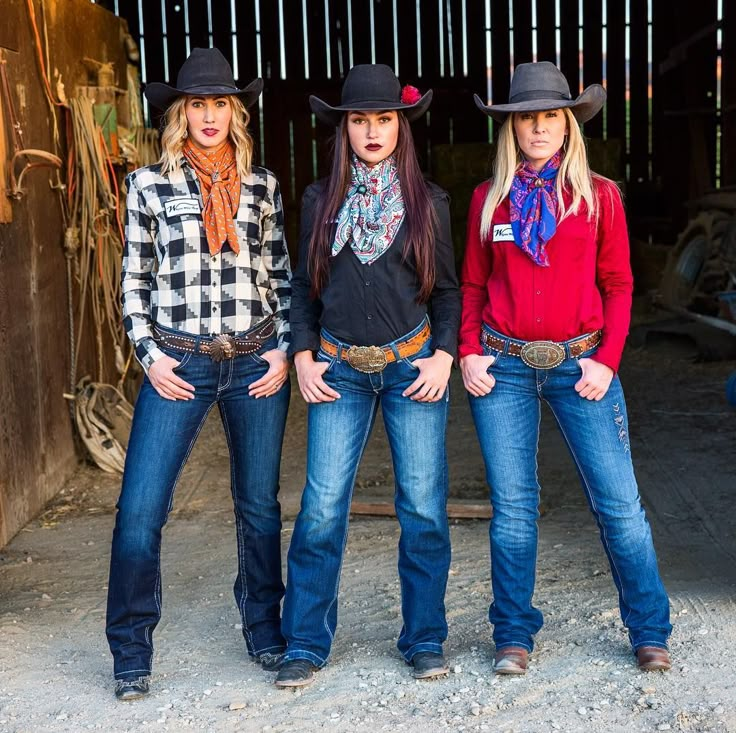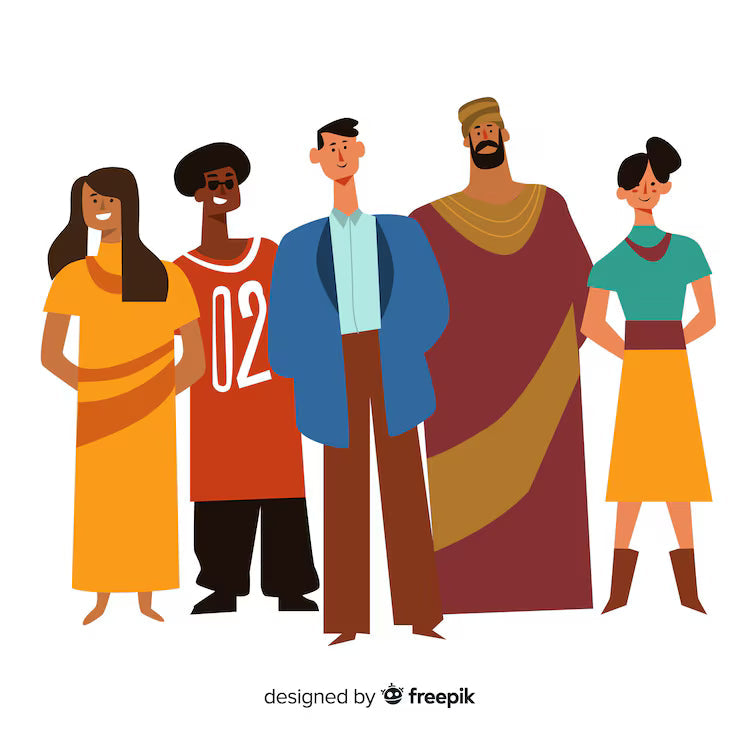Fashion in Film: The Many Faces of “Zoolander”
“I'm pretty sure there's a lot more to life than being really, really, ridiculously good looking. And I plan on finding out what that is.”
Twenty three years ago, the world was introduced to Derek Zoolander – fashion icon, three-time Male Model of the Year, and eponymous protagonist of the 2001 comedy “Zoolander”. We learn a lot about Derek Zoolander (played by Ben Stiller) as a character over the film’s 89-minute run time, but one fact becomes painfully clear: As a TIME magazine article within the film attests, Zoolander is a “model idiot.” He doesn’t know what a computer is. He thinks “eulogy” is pronounced “eugoogly.” He spends his time perfecting his signature modeling faces – “Le Tigre,” “Blue Steel,” and “Magnum” – that all look the same. He also tries on lots and lots of clothes.
But while the character of Derek Zoolander may come across as unintelligent, cartoonish, or one-dimensional, the movie that shares his name offers quite a lot to parse through. Like the title character himself, “Zoolander” has many faces that are worth examining since they can help us understand the fashion industry, and film, a little bit better.
On its surface, the movie is an extravagant, zany comedy. It’s the type you’d stream on an airplane to pass a few hours or that you’d watch with a few friends and a few beers on a random Saturday night. It’s the type of film where characters wear matching tracksuits, where groups of friends get in “gasoline fights” and accidentally blow up city blocks, where the main character’s primary altruistic motivation is to open “The Derek Zoolander Center for Children Who Can’t Read Good and Wanna Learn to Do Other Stuff Good Too.” Admittedly, it's the type of movie that’s easy to write off as just a “silly comedy.”
But beneath its surface, the film offers a satirization of the fashion and modeling industry that is equal parts ridiculous and scathing. Evil fashion designer Mugatu (Will Ferrell) is tasked by a shadowy, ill-intentioned consortium of fashion leaders to assassinate the Prime Minister of Malaysia, who is seeking to outlaw child-labor and increase wages for textile factory workers in his country. To accomplish his nefarious deeds and save his fashion brand’s bottom line, Magatu brainwashes Zoolander as an operative to carry out the assassination at a fashion show.
While the plot is a tad hyperbolic, big fashion brands have long been criticized for profiting from forced or exploitative labor practices in their supply chains. In 2021, advocacy organization KnowTheChain examined 37 of the world’s biggest fashion companies and identified allegations of forced labor in the supply chains of 54 percent of them. It’s a disturbing trend that, even 23 years after its satirization in Zoolander, has yet to be adequately addressed. The benefit of movies like Zoolander that call out these grievances is that they offer the public a reminder: These are enormous issues that are not going away unless we do something about them.
At the same time, the film also stands as a testament to the limits of satire and the short-sightedness of joking about serious issues. Undoubtedly, “Zoolander” can come off as insensitive for its portrayal of these real-world issues, given its largely comedic and irreverent tone. While Zoolander and Hansel (Owen Wilson) can be hilarious in their ineptitude and lack of awareness, their words can also come across as crass and tone-deaf.
The limitations of satire and humor in highlighting broader social and cultural issues were not lost on the film’s original audience. “Zoolander” failed to garner rave reviews upon its theatrical release and earned only $15 million in its opening weekend compared to a $28 million production budget. Given the context, it’s not hard to understand why: Coming out in theaters mere weeks after the September 11 terrorist attacks, US audiences were not necessarily primed for a light-hearted romp around New York City’s fashion scene. Popular film critic Roger Ebert, for instance, gave the film one out of four stars and said he felt “uncomfortable” during portions of the film.
These points are well-taken. However, regardless of the film’s notable shortcomings, there is something at the core of “Zoolander” that resonates with the current state of the fashion industry. Fashion is not about looking good at the cost of everything else. Getting caught up in the limelight of the latest trends is fun and easy, but it distracts one from a more important calling. While there’s nothing wrong with valuing personal style and curating an aesthetic, it’s important these things go hand-in-hand with social and environmental awareness.
At the end of the day, that’s what we’re all about here at Doo Dah Apparel – Finding the “more” in life and looking really, really, ridiculously good while doing it.
Alec Matulka
Doo Dah Apparel LLC







